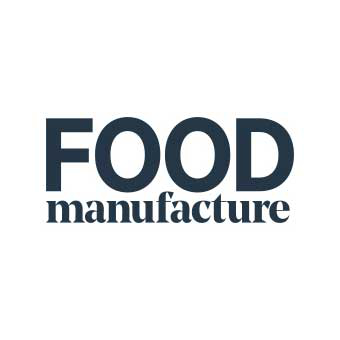The FDF’s comments were in response to a report by activist group the Consumer Choice Centre (CCC), which claimed imposing tariffs on food would send a signal to the rest of the world that post-Brexit Britain would pursue protectionism ahead of consumer interests.
Maria Chaplia, media associate at the CCC, said: “Free trade is vital for consumer choice as it allows consumers to enjoy a greater variety of products at a lower cost. Interventions in the form of tariffs, non-tariff barriers or quotas hit consumers the hardest, and, therefore, should be avoided or decreased at all costs.”
Liberalisation
Chaplia went on to suggest a system of unilateral liberalisation – reduction or elimination of government regulations or restrictions on private business and trade – could counter a 2.2% dip in GDP by 2030, should the UK leave without a deal.
“Much of the UK’s post-Brexit success will mainly depend on the UK’s ability to develop a comprehensive Free Trade Agreement with the EU, abolish import tariffs on agriculture, and build FTAs with other countries by embracing openness, deregulation and trade liberalisation and, conversely, neutralise and potentially even exceed the Brexit costs,”* she added.
“If Brexit comes with tariffs on food, a small group of people, British farmers, will win while every British consumer will lose.”
Fabio Fernandes



